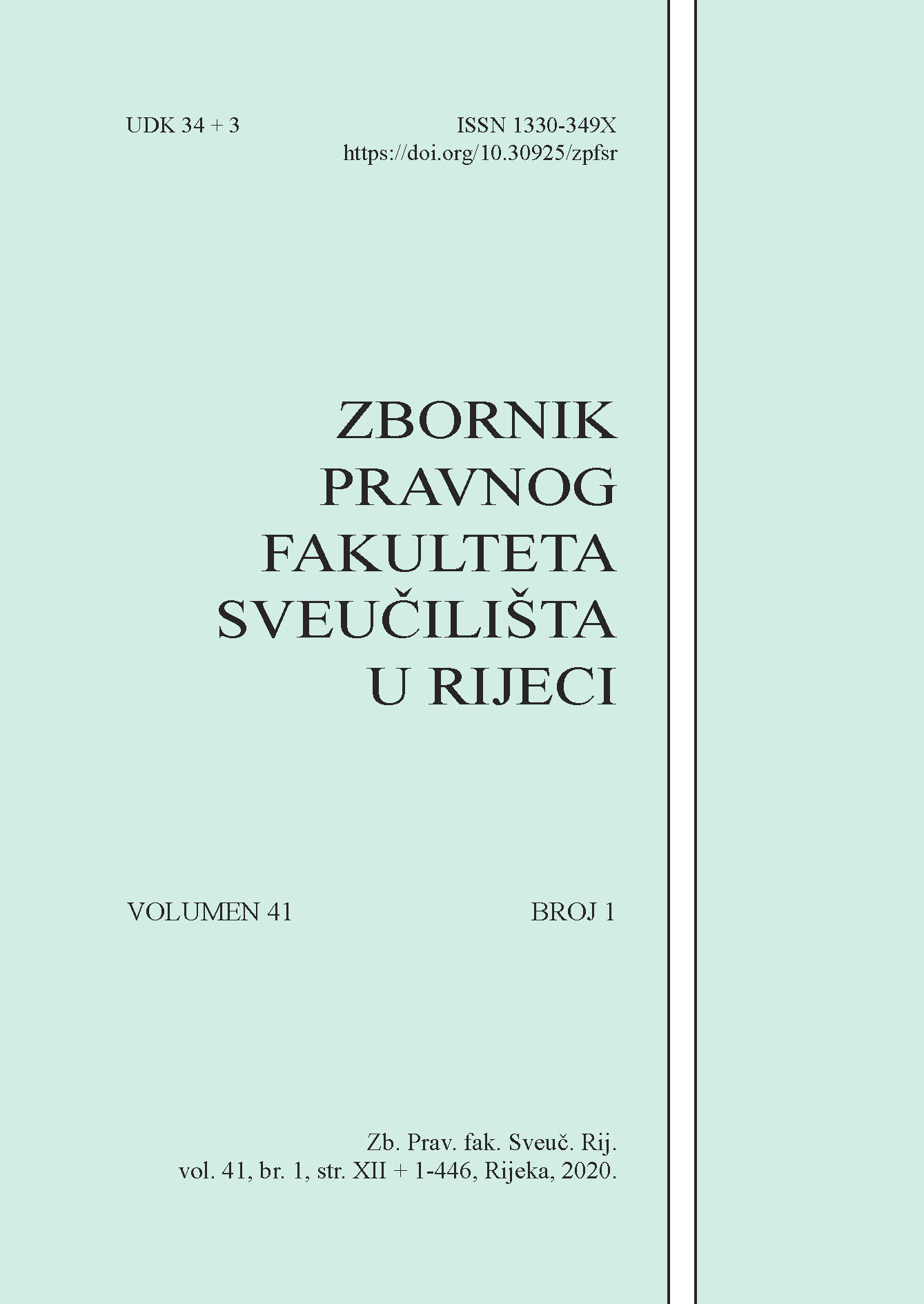AUTHORISED REPRESENTATIVES IN ADMINISTRATIVE DISPUTES
DOI:
https://doi.org/10.30925/zpfsr.41.1.3Keywords:
administrative disputes; party; representation; representative; tax adviserAbstract
Amendments to the Act on Administrative Disputes 2014 added paragraph 2 to the Article 21. It refers to the proper application of the provisions of the Civil Procedure Act in administrative disputes. The Croatian administrative courts have taken a restrictive approach in interpreting that provision, which excludes certain categories of persons from representing complainants and interested parties. The paper problematizes the concept of the authorised representatives in administrative disputes and emphasizes expertise and quality as important features of the representation in general, including the authorised representatives in administrative disputes. The comparative arrangements of European systems in the subject matter are also analysed. It is argued that when interpreting the representation provisions, it is necessary to consider the particularities of the administrative dispute, but also the formulation of the provision, which undoubtedly leaves room for interpretation, as it refers to the “appropriate” application of the provision governing representation in
civil proceedings.
Additional Files
Published
Issue
Section
License
Copyright (c) 2020 Collected Papers of the Law Faculty of the University of RijekaCollected Papers is an open access journal. Journal does not charge article processing charges (APC) to authors. It is licensed under CC BY-NC licence 4.0.
Collected Papers of the Law Faculty of the University of Rijeka" is an Open Access journal. Users are allowed to read, download, copy, redistribute, print, search and link to material, and alter, transform, or build upon the material, or use them for any other lawful purpose as long as they attribute the source in an appropriate manner according to the CC BY licence.
The papers published in "Collected Papers of the Law Faculty of the University of Rijeka" can be deposited and self-archived in the institutional and thematic repositories providing the link to the journal's web pages and HRČAK.
Upon acceptance of the manuscript for publication by this journal, the author can publish same manuscript in other journals only with the permission of the Editorial Board (secondary publication). A repeated publication should contain a notice as to where the manuscript was originally published.



